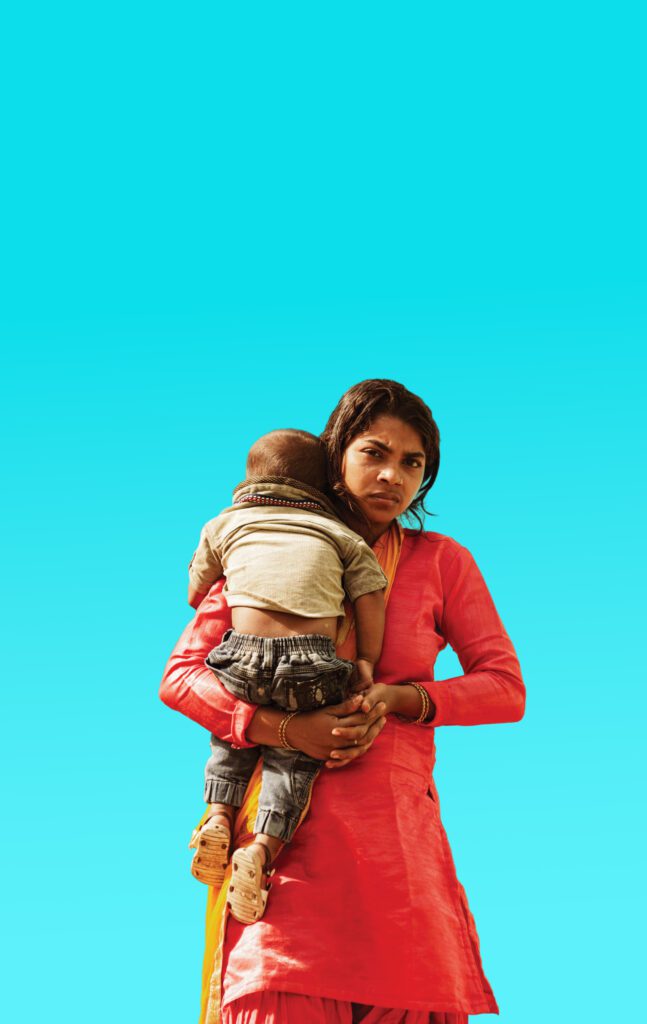
There are many lens through which to view and judge the health care legislation unveiled in the Senate yesterday and now working its way through Congress.
For example, Jared Bernstein, who works with our board member Bob Greenstein at the Center for Budget and Policy Priorities writes in the Washington Post: “please don’t lose sight of what’s going on here: a massive transfer of hundreds of billions of dollars that are now being used to help vulnerable families and moderate-income households to the wealthiest households. The Senate bill solves the problem that the poor in America have too much, and the rich have too little. In fact, it solves that problem even better than the House did.
But the most important lens for our purposes is the impact on children. For a better understanding of that, take a look at this statement from the American Academy of Pediatrics. “The bill fails children by dismantling the Medicaid program, capping its funding, ending its expansion and allowing its benefits to be scaled back. The bill fails all children by leaving more families uninsured, or without insurance they can afford or that meets their basic needs. This bill fails children living in or near poverty, children in foster care and children with complex health care needs whose parents have private insurance – all of these children depend on Medicaid, and if this bill passes, Medicaid will no longer be there for them.”
It’s hard to believe that both parties put party loyalty so far ahead of what’s best for kids – that out of 100 Senators there aren’t even five or ten who could cross the aisle to work with each other on a less draconian, more compassionate alternative. I hope that when we succeed in ending childhood hunger, we are in a position to teach them what bipartisanship can do.


